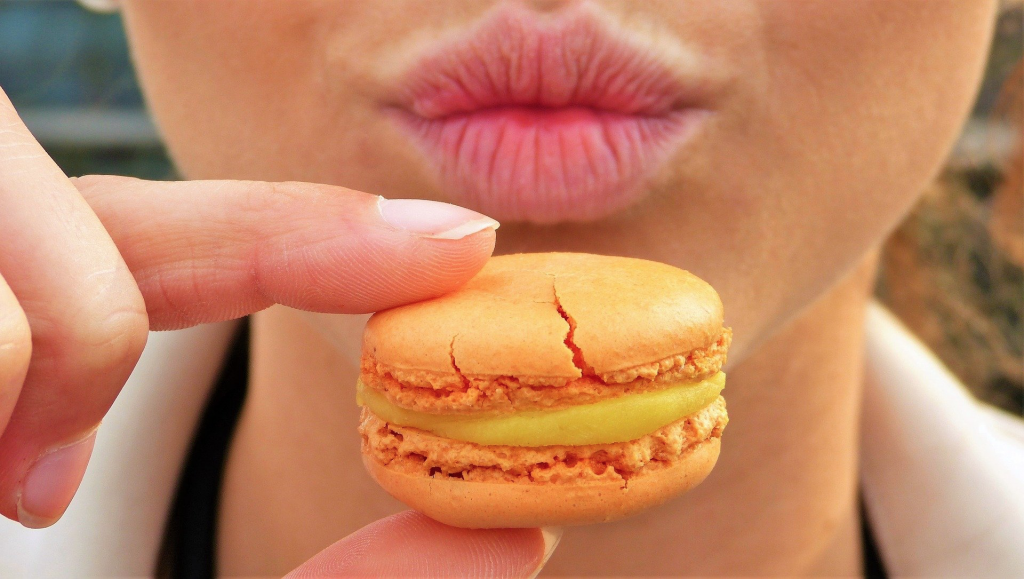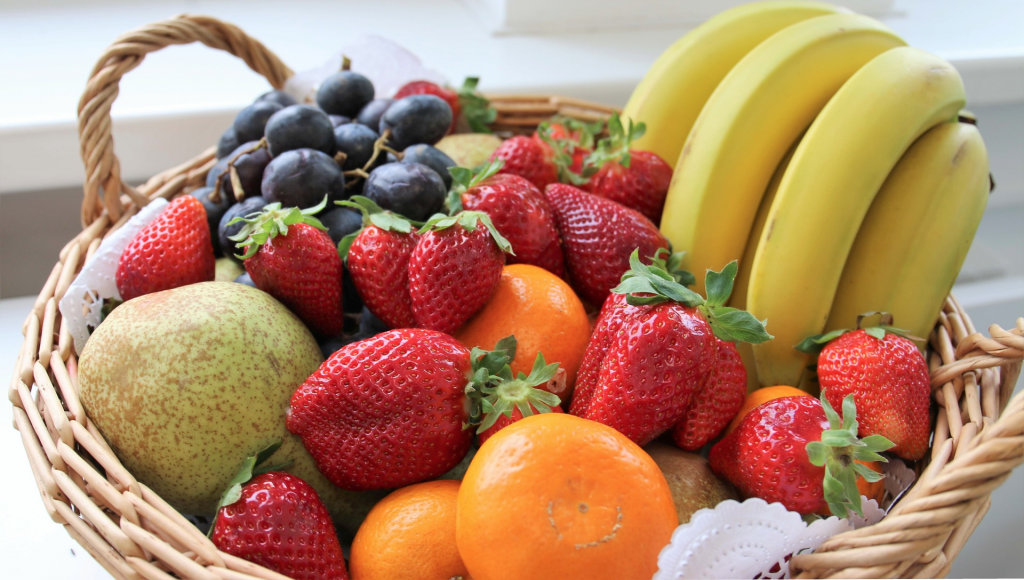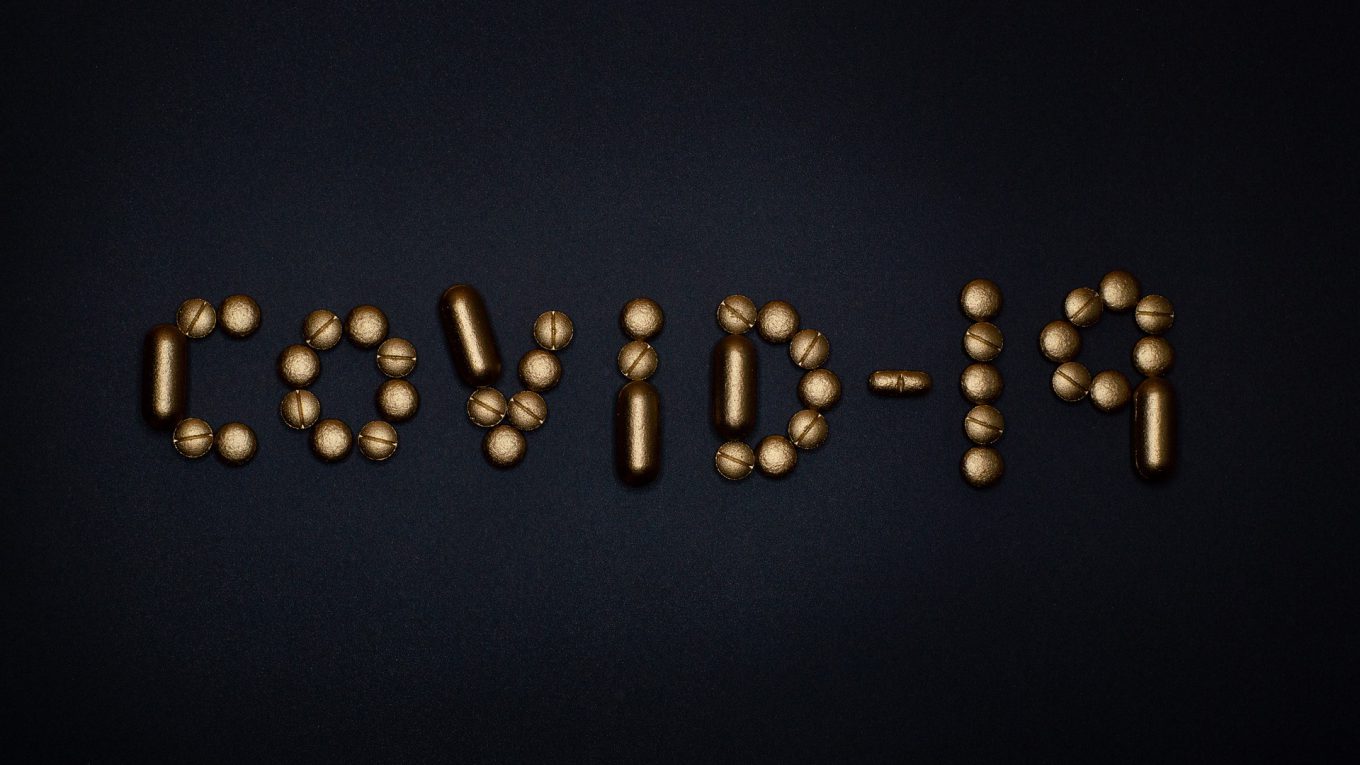COVID-19. Can vitamins help?
What happens when someone picks up a COVID-19 infection? Well, it depends. Some, perhaps most, will barely know they have had it whereas others can end up seriously ill and at high risk of death. Some of the ‘risk factors’ for serious illness are fixed, there is nothing we can do about them. For example, age and gender. COVID is more likely to cause serious illness in older people and in men.
A recent paper in the BMJ reported some sobering statistics (Ref 1):
- Three in ten people who go down with badly COVID-19 have heart disease.
- Three in ten have diabetes.
- Those who have underlying medical conditions like heart problems or diabetes are six time more likely to need hospital care than those without underlying health problems.
- Two-thirds of people in the UK who fall seriously ill with COVID were overweight or obese
- Almost all the COVID deaths in Italy were in people with a medical condition like high blood pressure, diabetes and heart disease
- Death from COVID-19 is 12 times higher in people with underlying medical problems.
Another study from Southern California found overweight/obesity to be strongly linked to death from COVID-19 (Ref 2). Compared to a normal range BMI (18.5-24.9):
- BMI 40 – 44 = 2.7 x higher risk of death
- BMI 45+ = 4.2 x higher risk of death
- Risk of death was higher in males and rose with age but ethnicity was not a risk factor in this study.
By the way, a BMI over 30 is consider the threshold of obesity. A BMI over 40 is severe obesity.
A question frequently asked is whether there any superfoods or magic bullets out there than might protect us from severe COVID? The answer is that some minerals and vitamins may be helpful. But far and away the best thing to make sure you have a ‘low-carb real-food diet’. More about than in a minute. Let’s look at vitamins and minerals first.
Vitamin C – Not proved but thought by many to be helpful. Maximum dose is 2,000mg/day
Vitamin D – Offers some protection against respiratory infections particularly if taken by people with Vitamin D deficiency (possibly most older people in the UK particularly in the winter months and especially in people with naturally darker skin). Sunlight on the skin boosts Vitamin D levels. So, exposing yourself to sunshine may help. Just make sure to do it so that you do not burn your skin. Vitamin D dose should not be more than 2,000 unit/day (that’s 50 micrograms).
Zinc -This mineral can help prevent infection like colds and help fight them off if you do go down with a bug. Maximum dose per day is 40mg
Turmeric, echinacea, garlic – all have been suggested as having protective benefits against respiratory bugs although there is no robust evidence for them. That said, do enjoy them if you wish.
So, COVID is more likely to be worse in people who already have a health condition – like heart disease and diabetes. If this is you continue reading, there is some good news. Improving your diet can quite rapidly improve your resistance and resilience. Why? Well, many of these long-term health conditions seem to have a single underlying disturbance of body chemistry going on, something called insulin resistance (IR).
IR is almost always present in people with Type-2 Diabetes and frequently present in people with high blood pressure, coronary heart disease, fatty liver, gout, overweight/obesity, gallstones and even Polycystic Ovarian Syndrome in women. But the good news is that cutting out sugary and starchy foods can pretty rapidly reverse IR. Correcting a bad diet may be the best thing you can do for your general health and to help you fight off the severe complications of COVID if should you get it.
Quite why IR is linked to a higher risk of severe disease in COVID is unclear. It may be that when IR is present the body is more likely to be running in an ‘inflamed state’. This makes sense because the most severe COVID complications are driven by inflammation.
So, the big question, in a nutshell, is how can someone cut their IR and, should they go down with COVID, reduce their risk of getting severe disease? Easy, just cut down (or out) the sugary and starchy foods in your regular diet; go low-carb basically. A word of caution here: people on medication, particularly medication for diabetes, should not go low-carb without advice from your doctor or practice nurse. Blood sugar levels drop on a low-carb diet and if combined with certain medicines could cause a hypo – a very low and sometimes potentially dangerously low blood sugar level.
Examples of high sugary and starchy foods can be seen in the table below. An inconvenient truth for some here is that a healthy low-carb diet involves home-cooking. If you cannot or will not cook meals from basic ingredients (or have someone to do this for you) you will find correcting a bad diet pretty tricky. Packaged, processed and much take-away food is high-carb and will keep any IR problems ticking over.
Don’t eat these foods

| Sugary foods | Table sugar and all things sweet like jam, marmalade, honey and confectionary. Keep off sweetened fizzy drinks. Watch out for sweetened sauces and dressings. Avoid processed and packaged foods |
| Starchy foods | All things made with flour like bread, cake, biscuits, pizza, pasta and sauces based on flour. Rice; it’s a grain just like wheat and corn. Cut out potatoes and bananas. Both are starchy heavy foods and starch pushes up blood sugar levels a lot. |
| Processed foods | Yup, the convenience foods with a long ingredients list including chemicals and additives. Low-carb real-food is cooked from basic ingredients, not just heated up |
Not too many of these

| Fruit | Fruit is nice to eat but is does pack a load of sugary sweetness. Eat and enjoy a piece of fruit if you wish but eat it as a whole-fruit. Done juice it. Fruit juice is a sugar-bomb so avoid drinking it |
| Pulses and beans | Chickpeas, kidney beans, lentils, split peas etc. These are all considered good sources of protein but they do deliver starch at the same time. I have heard them called ‘carbohydrates masquerading as protein’. I enjoy eating beans and pulses but not every day and only modest portions |
Eat and enjoy plenty of these foods

| All vegetables | Just don’t eat potatoes. If it grows above ground it is fine |
| All meat | But not breaded or in starchy sauces, nor crusty pies or pasties |
| All fish | Again, not breaded of in batter |
| All nuts | Peanuts are not actually nuts, they are pulses. Cashews are an exception being quite carby. Chestnuts are very starchy little offerings |
| All dairy | Warning: watch out for yoghurts which can be very sugary. There is a separate Q&A listed looking at yoghurt. Click for more details – https://www.csbarclay.com/2020/10/31/some-thoughts-about-yoghurt-choices/ Regular cheese, milk and cream are good but not evaporated or condensed milk – way too sugary |
| Berries | I know…. it’s a fruit… but berries are less sugary than their sweetness might suggest. Care with portion sizes though |
Is there anything else that might help?
- Make sure to get restful sleep
- Keep stress down
- Stop smoking
- Be active and enjoy moderate exercise
- Get yourself out in the sunshine and fresh air when you can
References and sources:
1 – https://ebm.bmj.com/content/early/2020/07/09/bmjebm-2020-111451#xref-ref-13-1

